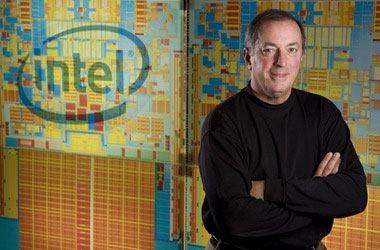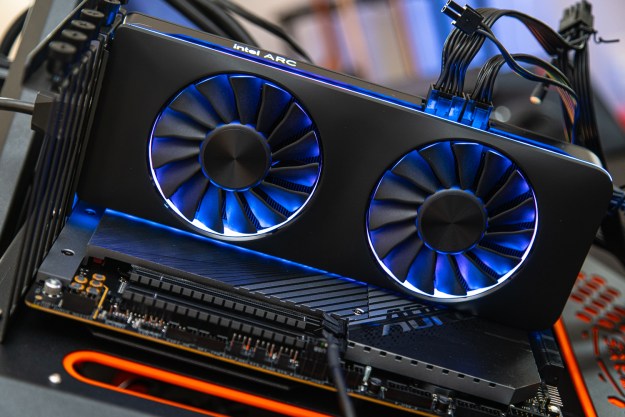 The worldwide personal-computer market is pulling out of its slump quickly and could defy predictions by growing this year, Intel Corp. CEO Paul Otellini said Tuesday.
The worldwide personal-computer market is pulling out of its slump quickly and could defy predictions by growing this year, Intel Corp. CEO Paul Otellini said Tuesday.
Otellini’s comments at a conference Tuesday were more bullish than many analysts have been. Market research firms IDC and Gartner have both predicted a year-over-year decline in PC shipments in 2009, which would be the first such drop since 2001.
The market has been dragged by a clampdown in corporate spending on new PCs, and some computer companies are already looking to next year for a rebound. Sales of cheap little “netbook” computers, used primarily for surfing the Internet, have been a bright spot, but those machines ring up low profits for PC and chip makers. Intel is the world’s top maker of microprocessors, the “brains” of PCs.
Otellini said the rebound is being fueled by the fact computers are “indispensable, something that people need in their daily lives.”
“I think that the market is poised for a resurgence,” he said. He said he expects PC sales to be “flat to slightly up” this year from last.
Researchers at Gartner Inc. predict a 2 percent decline in PC shipments for 2009, though that’s better than a few months ago, when the group was forecasting a drop of 6 percent.
“Things are looking much better in the second half,” Gartner research director George Shiffler said Tuesday.
But Shiffler wasn’t quite willing to go as far as Otellini did. He expects second-half shipments to be flat from last year, not strong enough to push the entire year into positive territory.
“It wouldn’t surprise me if we did see positive growth, but that’s not our call at the moment,” Shiffler said. “I think that’s more of a best-case scenario.”
Intel shares rose 8 cents to $19.62 in afternoon trading. Shares of rival Advanced Micro Devices Inc. gained 30 cents, 5.2 percent, to $6.11.
Among PC makers, Dell Inc. fell 28 cents, 1.8 percent, to $15.73, while Hewlett-Packard Co. gained 68 cents, 1.5 percent, to $47.03.
Since Otellini proclaimed in April that PC sales had “bottomed out” after a miserable holiday season, he has been more aggressive in his forecasts than even Intel’s biggest customers. That has raised questions about how much of the recovery in Intel’s sales has been caused by computer makers restocking depleted chip supplies and how much has come from end users buying more machines.
Still, Otellini’s remarks Tuesday help explain Intel’s decision last month to raise its third-quarter revenue guidance to $8.8 billion to $9.2 billion. The previous range was $8.1 billion to $8.9 billion.
Otellini also used his presentation at the Intel Developers’ Forum to show off chips built on so-called 22-nanometer technology, which refers to the ever-shrinking size of circuitry on the most advanced chips. Those chips are still being developed in Intel’s factories and won’t go into production until 2011.
Each chip on the silicon “wafer” Otellini showed off has 2.9 billion transistors. Intel’s first chips in the 1970s had just a few thousand transistors.
Editors' Recommendations
- Some Intel CPUs lost 9% of their performance almost overnight
- 9 best processors for PC gaming: tested and reviewed
- It just became the perfect time to buy a last-gen Intel CPU
- I tested Intel’s XeSS against AMD FSR — and the results speak for themselves
- Intel Battlemage graphics cards: release date speculation, price, specs, and more


